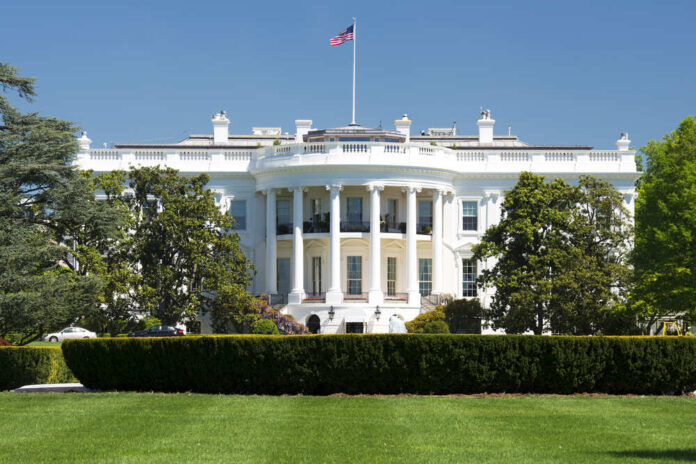
In a marked deviation from tradition, this year’s White House annual Ramadan dinner did not take place due to a boycott by prominent Muslim leaders. The boycott was a response to what they perceive as President Biden’s unwavering support for Israel during the ongoing conflict in Gaza. This event, typically a symbol of unity and mutual respect, instead highlighted a growing divide between the Biden administration and parts of the American Muslim community.
U.S. MUSLIMS REJECT BIDEN THIS RAMADAN
After boycotting the White House's annual Iftar invitation, American Muslims staged an Iftar protest outside demanding an end to U.S. arms to Israel & a ceasefire.
Muslim community anger in America has risen over the U.S.' loyal… pic.twitter.com/WTbXKELpBh
— 5Pillars (@5Pillarsuk) April 3, 2024
Leaders such as Imad Alzayat publicly declined their invitations, reflecting a broader dissatisfaction with the administration’s approach to the Israel-Palestine conflict and the ensuing humanitarian issues in Gaza. The decision to boycott was intended to send a strong message of disapproval toward the administration’s foreign policy directions.
Efforts to replace the dinner with a policy-focused meeting were met with skepticism by the invitees, who questioned the potential for meaningful policy dialogue. This skepticism is indicative of deeper concerns about the administration’s effectiveness in addressing the complexities of the Israel-Palestine conflict.
Despite these absences, the dinner went ahead with only administration officials present, a stark contrast to previous years marked by significant participation from the Muslim community. This served as a visual representation of the discontent with the administration’s stance on critical international issues.
The White House has reiterated President Biden’s commitment to securing a ceasefire and increasing humanitarian aid to Gaza. However, these assurances have done little to alleviate the frustration within the American Muslim community, who see the administration’s efforts as inadequate and not reflective of the values they believe should guide U.S. foreign policy.
The White House has called off a Ramadan iftar gathering following the decision of numerous Muslim Americans to decline the invitation in protest of President Joe Biden’s backing of Israel’s actions in Ga*za,
#Iftar #JoeBiden #Muslim #WhiteHouse pic.twitter.com/4SJgEQ6i90— Startup Pakistan (@PakStartup) April 4, 2024
This incident underscores a broader trend of disenchantment among some segments of the American populace with the government’s foreign policy, especially regarding the Middle East. The boycott of the Ramadan dinner is more than just a missed event; it represents deep-seated concerns about America’s role globally and the ethical foundations of its foreign policy actions.
As the Biden administration continues, it faces the challenge of addressing these criticisms to reconcile with the American Muslim community and effectively manage the intricate geopolitical dynamics of the Middle East. The absence of the Ramadan dinner is a poignant indication of the ongoing challenges in aligning domestic expectations with international engagements. This situation calls for a reevaluation of how the administration’s foreign actions reflect the diverse values and concerns of its constituents.














